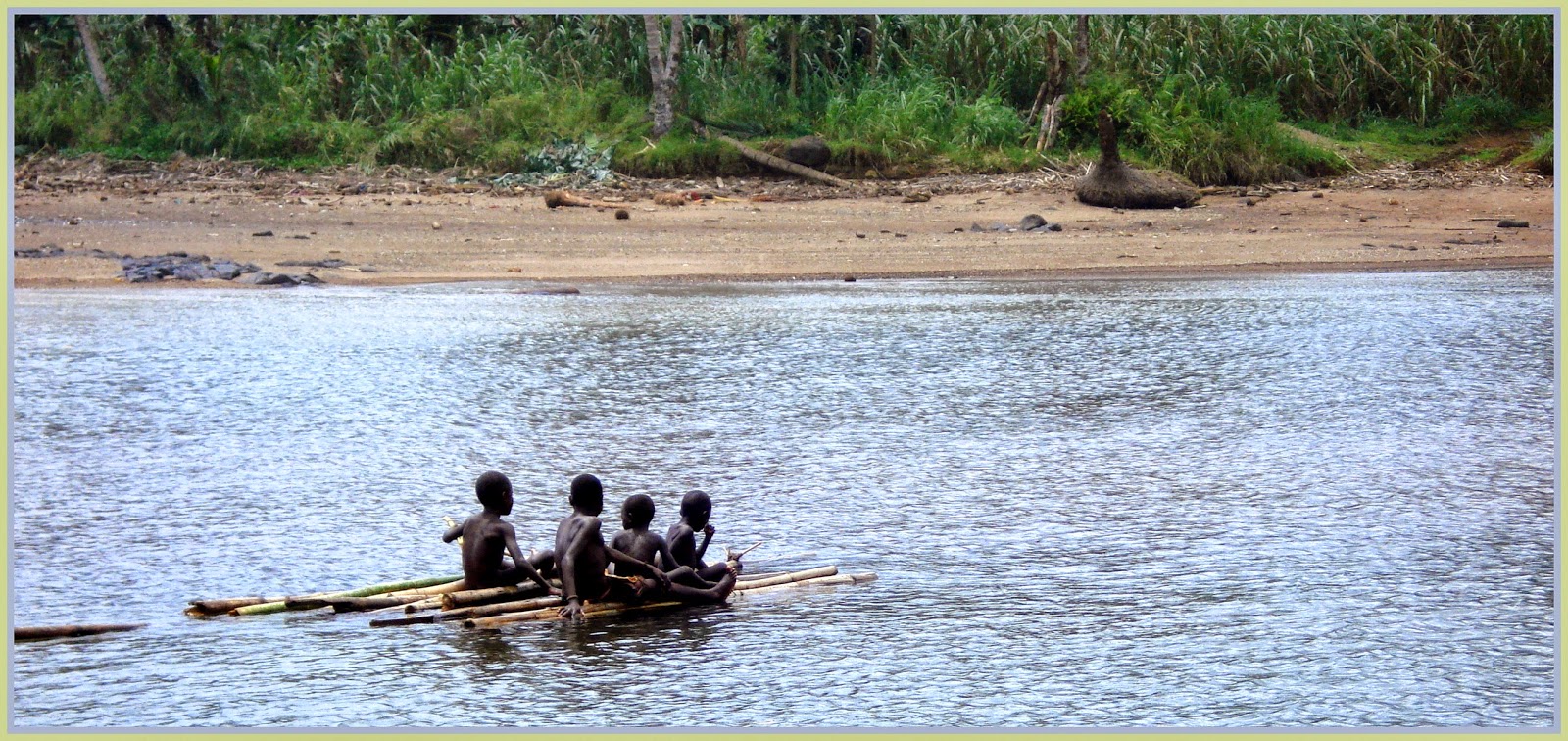 |
| Katie and family. Read their story here. |
the classroom i teach in is between the animal feeding grounds and the pit latrines, so my classroom is constantly filled with the smell of waste, animal and human.
the weather is stifling here; the moment i step out of my icy shower, i begin to sweat.
i sleep under a mosquito net to avoid getting bit by mosquitoes infected with malaria among other diseases, but i still cant avoid ants and crickets in my bed.
in my bathroom lives a rat the size of a house cat and there are a few bats in the shower. this morning i almost grilled a lizard in my toaster.
for lunch and dinner we eat posho, which is corn-flour boiled in water until it is thick and pasty. it tastes a little worse than elmer's glue.
fred, my piki man is almost always late, sometimes runs into cows, runs out of gas, or forgets to warn me of impending pot holes.
when i walk home, i am hit on by at least ten disgusting, crude men, most 20 years older than me.
when it rains, the awful roads turn into muddy swamps, making it nearly impossible to go anywhere.
sometimes, the children are so dirty they actually reek; it is impossible to touch them without becoming filthy,
with the wind blowing red dust everywhere, it is impossible not to be filthy anyway.
a rooster crows around 5 to wake me up; that is if i haven't already been up all night with a sick baby, or getting sick myself.
and to you, those sound like complaints. they are not; this is me, rejoicing in the Lord. because you see...
i love my tiny classroom. i love the hot sun on my face. i love my bed, cozy under my net after a long day. i love my home sweet home, all its creatures included. i love fred, my piki man. i love my long walks home, day or night, rain or shine. i love the beating, cleansing african rain. i love my african meals, prepared with such love and generosity. i love to be hugged and touched and jumped on and cuddled by the dirty street children. i love the cool, dusty breeze in my hair. i love every african sunrise, the cool and calm of a new morning. i love each and every day, each and every moment that i spend in this beautiful country; i rejoice in each breath that i take.
 In December of 2006, 18-year-old Katie Davis from Brentwood, Tennessee, traveled to Uganda for the first time. She was immediately captivated with the people and the culture.
In December of 2006, 18-year-old Katie Davis from Brentwood, Tennessee, traveled to Uganda for the first time. She was immediately captivated with the people and the culture.In the summer of 2007, Katie returned to Uganda to teach Kindergarten at an orphanage. As she walked the children home, she was shocked to see the sheer number of school-aged children walking along the road, playing with their friends, washing their families’ dishes, or digging in the fields. She learned that most schools in Uganda require school fees for attendance, making impoverished families unable to afford an education for their children. God laid it on Katie’s heart to start an Education Sponsorship Outreach matching orphaned and vulnerable children who are unable to afford schooling with sponsors anywhere in the world. A annual gift of $300 enables one child to go to Christian school and provides the necessary school supplies, 3 hot meals each day, spiritual discipleship, and medical care. Originally intending to have only a handful of children in the sponsorship program, Katie had 150 signed up by the end of 2008. Today the program sponsors over 700 children. Her personal story and book, here.









































.JPG)










